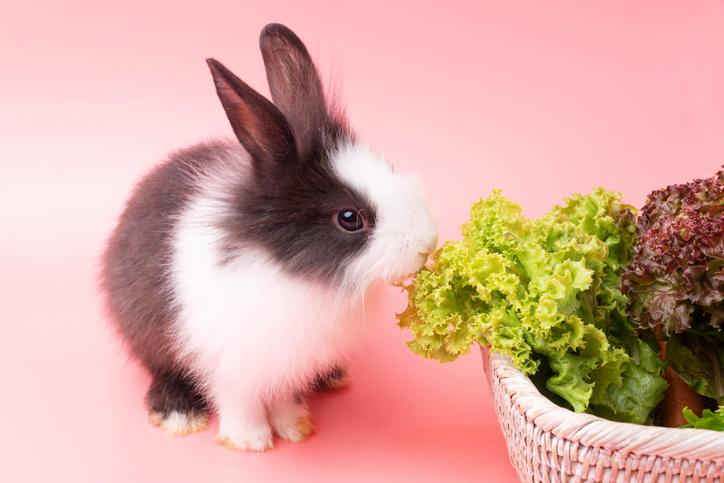18 июля 2021
What Breastfeeding Mothers Should and Shouldn't Eat


18 июля 2021
What Breastfeeding Mothers Should and Shouldn't Eat
## Which foods are generally not recommended?
Here is a list of foods that are not recommended for breastfeeding mothers:
- Seafood, fatty fish
- Meat except for beef and chicken
- Fatty dairy and sour milk products, cheese,
pickles, marinades, canned food, sauces containing preservatives and spicy foods
- Foods with artificial flavors and colorings
- Smoked meat and sausages
- Eggs
- Wheat and oatmeal cereals
- Nuts (especially peanuts), honey and caramel
- Carbonated drinks and bright color juices
- Chocolate and sweets
- Strawberries, raspberries, and other red berries
## So what are we left with? Only rice and green apples?
Forward-thinking doctors view the above list as ===too over-cautious. Doctors will indeed have an easier time diagnosing any medical issues with the baby if the mother has a strict diet, and the mother will feel better about it.
However, in reality, it is somewhat different. The restrictions can hurt the child's immune system since the immune system must learn how to cope with various allergens. Shying away from these foods will prevent the immune system from fully developing. At the same time, if a child eats, for example, oatmeal for the first time at the age of one, there is a chance that the immune system would react to it as to an 'alien' food and produce an allergic reaction.
Allergologists rely on this phenomenon to explain the allergic reaction to such food as pineapples and peaches compared to pears or plums. The more familiar the food is to the body, the lower are chances of having an allergic reaction.
## What should you do?
The best solution is to have a balanced diet, introducing one new food per week. At the beginning of breastfeeding, it is recommended to eat cereals and simple products. If, after seven days, everything is fine, you can add yogurts and other milk products. You can also try fish (in general, breastfeeding mothers need fish because it is rich in phosphorus and [Omega-3 polyunsaturated fatty acids](https://ul.orna.me/KOge/librarybiomarker?id=179)).
Keep an eye on the baby’s weight and skin. If the baby has rashes or red skin, the last introduced food should be eliminated from the diet.
If it causes the reaction, the condition should improve in 2–3 days. If this doesn’t happen, the issue could be something like a new washing detergent or skin cream.
Mothers shouldn't obsess over their diets, as doing so will negatively affect the quality of breast milk and women's health since their bodies are already exhausted by pregnancy, childbirth, breastfeeding, and stress. Mothers should always avoid carbonated drinks with artificial colors, foods with artificial flavors, and alcohol.
## Which products usually cause allergies?
Although it does not always apply to everyone, babies often react poorly to citrus fruits, chocolate, nuts, honey, seafood, eggs, milk, and exotic fruits during breastfeeding. For this reason, you should be particularly cautious when introducing these foods to your diet.
## What if the mother already has an allergy
Should mothers worry that their child may inherit their allergies?? Doctors are aware of such cases, but they do not have statistical proof that allergies are passed on to babies. Doctors do believe that babies should be given a small amount of food that causes an allergy to their mothers when they stop breastfeeding. The reason for this is an increased risk of immune response to the food.













